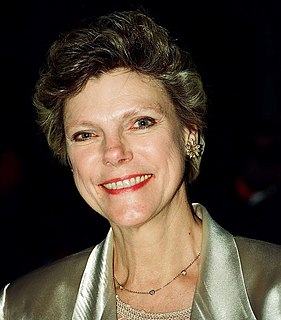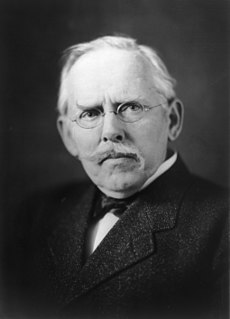A Quote by David Remnick
You know what writers say about their long books: If I had another year, the book would be half as long.
Related Quotes
I don't change the language for children books. I don't make the language simpler. I use words that they might have to look up in the dictionary. The books are shorter, but there's just not that much difference other than that to be honest. And the funny thing is, I have adult writer friends [to whom I would say], "Would you think of writing a children's book?" and they go, "No, God, I wouldn't know how." They're quite intimidated by the concept of it. And when I say to children's books writers, would they write an adult book, they say no because they think they're too good for it.
I had written a book. For various reasons, the publishing industry had decided that my book was going to be 'important.' The novel had taken me 12-and-a-half years to write, and after being with the book for so long, I had no real perspective on the merits or demerits of what I had written. I hoped it was good, but feared that it wasn't.
You know, it's a funny thing about writers. Most people don't stop to think of books being written by people much like themselves. They think that writers are all dead long ago--they don't expect to meet them in the street or out shopping. They know their stories but not their names, and certainly not their faces. And most writers like it that way.
For books [Charles Darwin] had no respect, but merely considered them as tools to be worked with. ... he would cut a heavy book in half, to make it more convenient to hold. He used to boast that he had made Lyell publish the second edition of one of his books in two volumes, instead of in one, by telling him how ho had been obliged to cut it in half. ... his library was not ornamental, but was striking from being so evidently a working collection of books.
Writing my own stories had always been one of my dreams, but I didn't start until I was 29. I was working in a book warehouse and was assigned to the third floor where all the children's books were. For four and a half years, I spent all day, every day around children's books, and it wasn't long before I fell in love with them.
Books are good but they are only maps. Reading a book by direction of a man I read that so many inches of rain fell during the year. Then he told me to take the book and squeeze it between my hands. I did so and not a drop of water came from it. It was the idea only that the book conveyed. So we can get good from books, from the temple, from the church, from anything, so long as it leads us onward and upward.
Recently, the science fiction writer Arthur C. Clarke talked about the ways the lives of human beings will be changed in the next century. At least half of them I didn't understand at all, though I'm sure that kids today would know exactly what he meant. I'm somewhere in the past. I do think, however, that our brains have been damaged by technology. I meet kids who don't seem to be capable of reading a long sentence, much less a long book.
My TV show had been cancelled; nothing else had gone anywhere; some alliances I had made petered out and nothing came of them and I was looking at a long, long year ahead of me in which there was no work on the horizon, the phone wasn't ringing. I had two kids, one of them a brand-new baby, and I didn't know if I would be able to keep my house.
Parker wasn't supposed to be a series. He was supposed to be one book, and if he was only going to be in one book, I didn't worry about it. And then an editor at Pocket Books said "Write more books about him." So I didn't go back at that point and give him a first name. If I'd known he would've been a series, I would've done two things differently. First, I would've given him a first name because that means for 27 books, I've had to find some other way to say, "Parker parked the car."
I read continually and don't understand writers who say they don't read while working on a book. For a start, a book takes me about two years to write, so there's no way I am depriving myself of reading during that time. Another thing is that reading other writers is continually inspiring - reading great writers reminds you how hard you have to work.
But one type of book that practically no one likes to read is a book about the law. Books about the law are notorious for being very long, very dull, and very difficult to read. This is one reason many lawyers make heaps of money. The money is an incentive - the word "incentive" here means "an offered reward to persuade you to do something you don't want to do - to read long, dull, and difficult books.
The people who review my books, generally, are kind of youngish culture writers who aspire to write books. When someone writes a book review, they obviously already self-identify as a writer. I mean, they are. They're writers, they're critics, and they're writing about a book about a writer who's a critic. So I think it's really hard for people to distance themselves from what they're criticizing.
Long ago it was said that 'one half of the world does not know how the other half lives.' That was true then. It did not know because it did not care. The half that was on top cared little for the struggles, and less for the fate, of those who were underneath, so long as it was able to hold them there and keep its own seat.

































